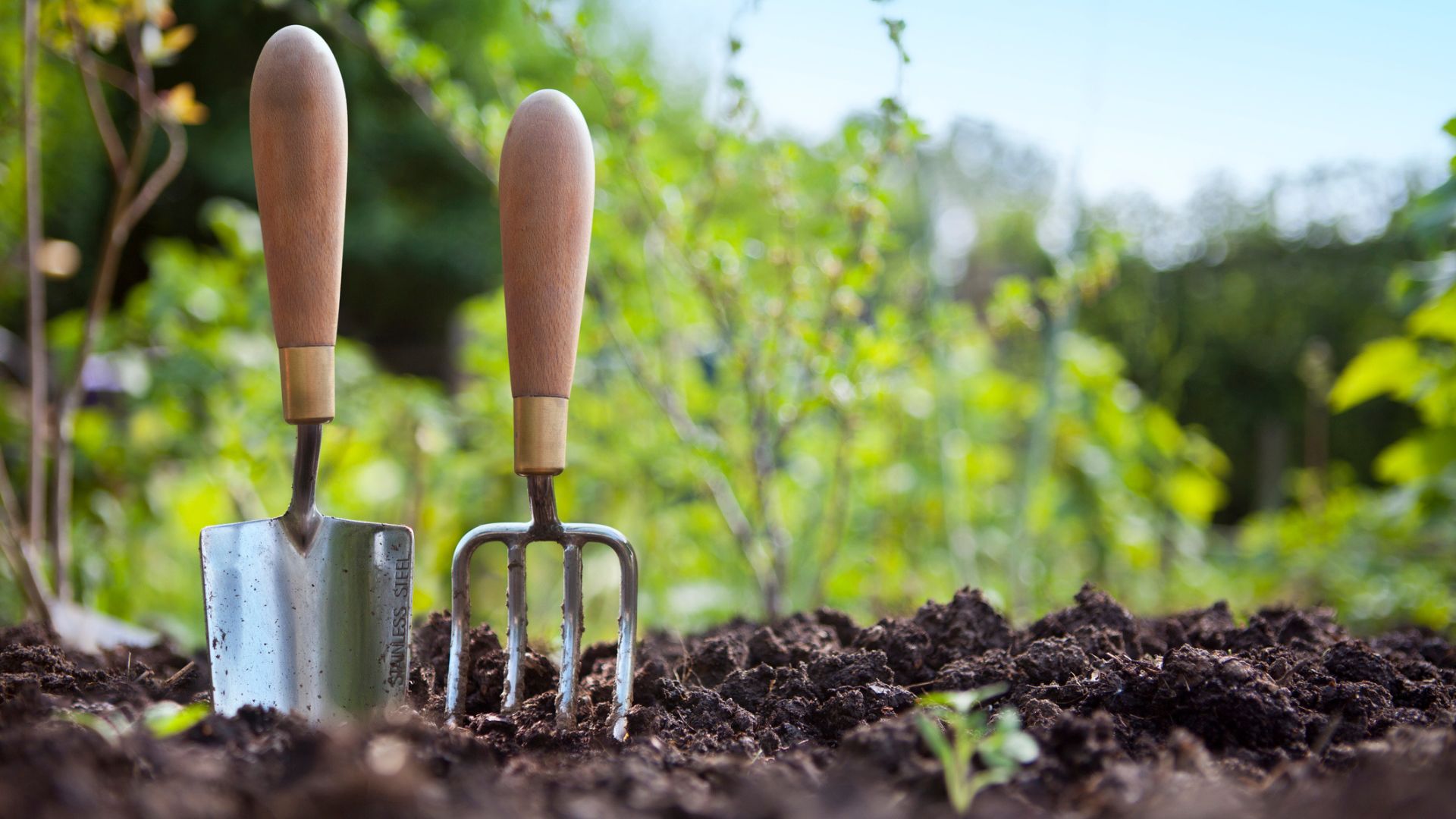Vegetable Garden Soil - What's The Best Soil For Growing Vegetables?


Sign up for the Gardening Know How newsletter today and receive a free copy of our e-book "How to Grow Delicious Tomatoes".
You are now subscribed
Your newsletter sign-up was successful
If you are starting a vegetable garden, or even if you have an established vegetable garden, you may wonder what is the best soil for growing vegetables. Things like the right amendments and the right soil pH for vegetables can help your vegetable garden grow better. Keep reading to learn more about soil preparation for the vegetable garden.
Soil Preparation for a Vegetable Garden
Some soil requirements for vegetable plants are the same, while others differ depending on the type of vegetable. In this article we will only focus on the general soil requirements for vegetable gardens. In general, vegetable garden soil should be well draining and loose. It should not be too heavy (i.e. clay soil) or too sandy.
General Soil Requirements for Vegetables
We recommend before preparing soil for vegetables that you have your soil tested at your local extension service to see if there is something your soil is lacking in from the lists below.
Organic material - All vegetables need a healthy amount of organic material in the soil they grow in. Organic material serves many purposes. Most importantly, it provides many of the nutrients that plants need to grow and thrive.
Secondly, organic material “softens” soil and makes it so that the roots can more easily spread through the soil. Organic material also acts like small sponges in the soil and allows the soil in your vegetable to retain water. Organic material can come from either a compost or well rotted manure, or even a combination of both.
Nitrogen, Phosphorus and Potassium - When it comes to soil preparation for vegetable garden, these three nutrients are the basic nutrients that all plants need. They are also known together as N-P-K and are the numbers you see on a bag of fertilizer (e.g. 10-10-10). While organic material does provide these nutrients, you may have to adjust them individually depending on your individual soil. This can be done with chemical fertilizers or organically.
- To add nitrogen, either use a chemical fertilizer with a higher first number (e.g. 10-2-2) or an organic amendment like manure or nitrogen fixing plants.
- To add phosphorus, use either a chemical fertilizer with a high second number (e.g. 2-10-2) or an organic amendment like bone meal or rock phosphate.
- To add potassium, use a chemical fertilizer that has a high last number (e.g. 2-2-10) or an organic amendment like potash, wood ash or greensand.
Trace nutrients - Vegetables also need a wide variety of trace minerals and nutrients to grow well. These include:
Sign up for the Gardening Know How newsletter today and receive a free copy of our e-book "How to Grow Delicious Tomatoes".
Soil pH for Vegetables
While exact pH requirements for vegetables vary somewhat, in general, the soil in a vegetable garden should fall somewhere be 6 and 7. If your vegetable garden soil tests significantly above that, you will need to lower the pH of the soil. If the soil in your vegetable garden tests significantly lower than 6, you will need to raise the pH of your vegetable garden soil.

Heather Rhoades founded Gardening Know How in 2007. She holds degrees from Cleveland State University and Northern Kentucky University. She is an avid gardener with a passion for community, and is a recipient of the Master Gardeners of Ohio Lifetime Achievement Award.